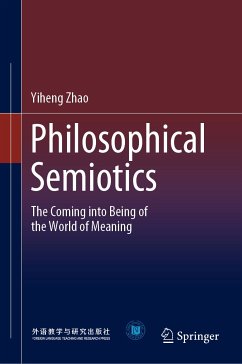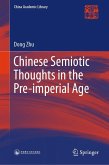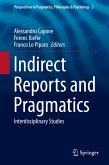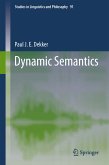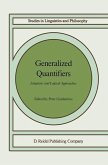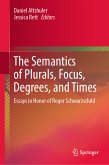This book particularly exemplifies the semiotic connections in various schools of traditional Chinese philosophies. In the "Pre-Imperial Age" (before BC 300), there emerged an abundance of semiotic thinking in China, from Yijing the first sign system that aims to explain everything in the world, to the Namists's subtle argument about the form of meaning, from the Yin-Yang/five elements of the Han, to the "Things are non-existent while mind is non-non-existent" principle of theVijñaptimatratasiddhi School of Buddhism in the Tang, and from the Sudden Revelation of Chan Buddhism to the "Nothing outside the mind" endorsed by the Mindist Confucianism in the Ming. The mighty trend of philosophical heritage provides rich food to our understanding of the form of meaning.
Dieser Download kann aus rechtlichen Gründen nur mit Rechnungsadresse in A, B, BG, CY, CZ, D, DK, EW, E, FIN, F, GR, HR, H, IRL, I, LT, L, LR, M, NL, PL, P, R, S, SLO, SK ausgeliefert werden.

